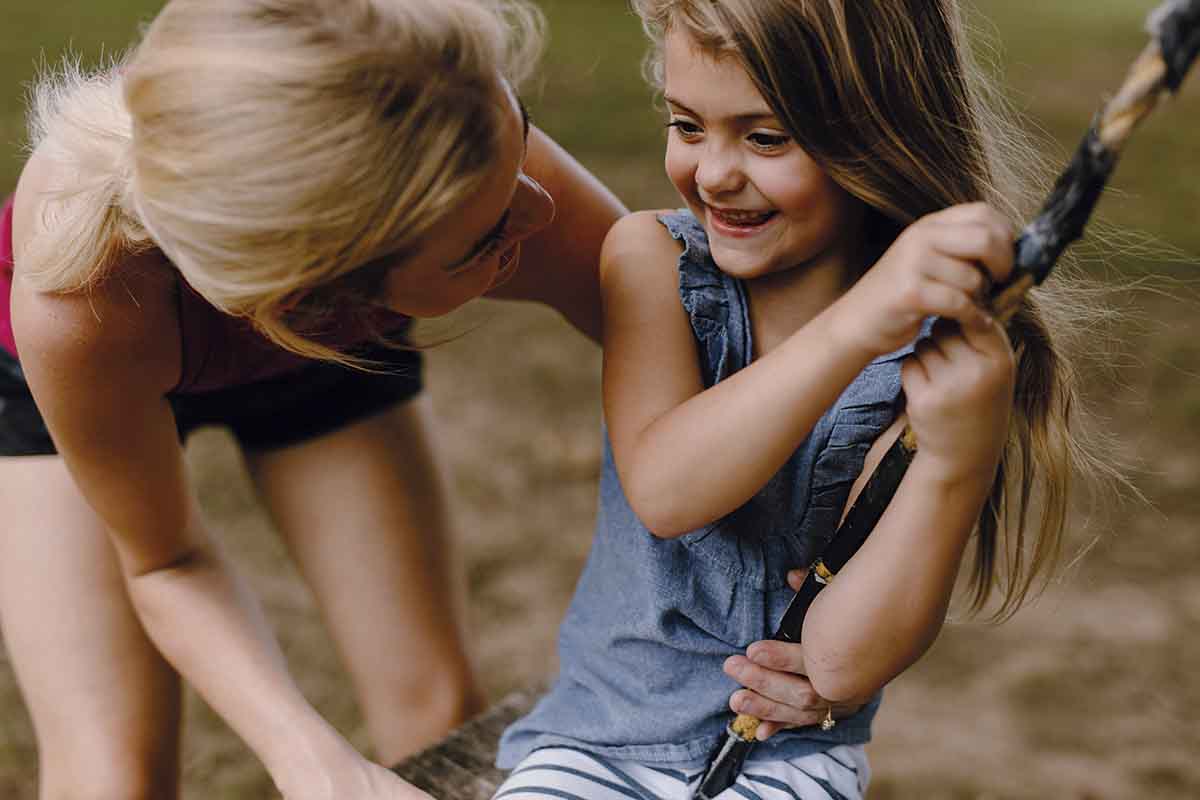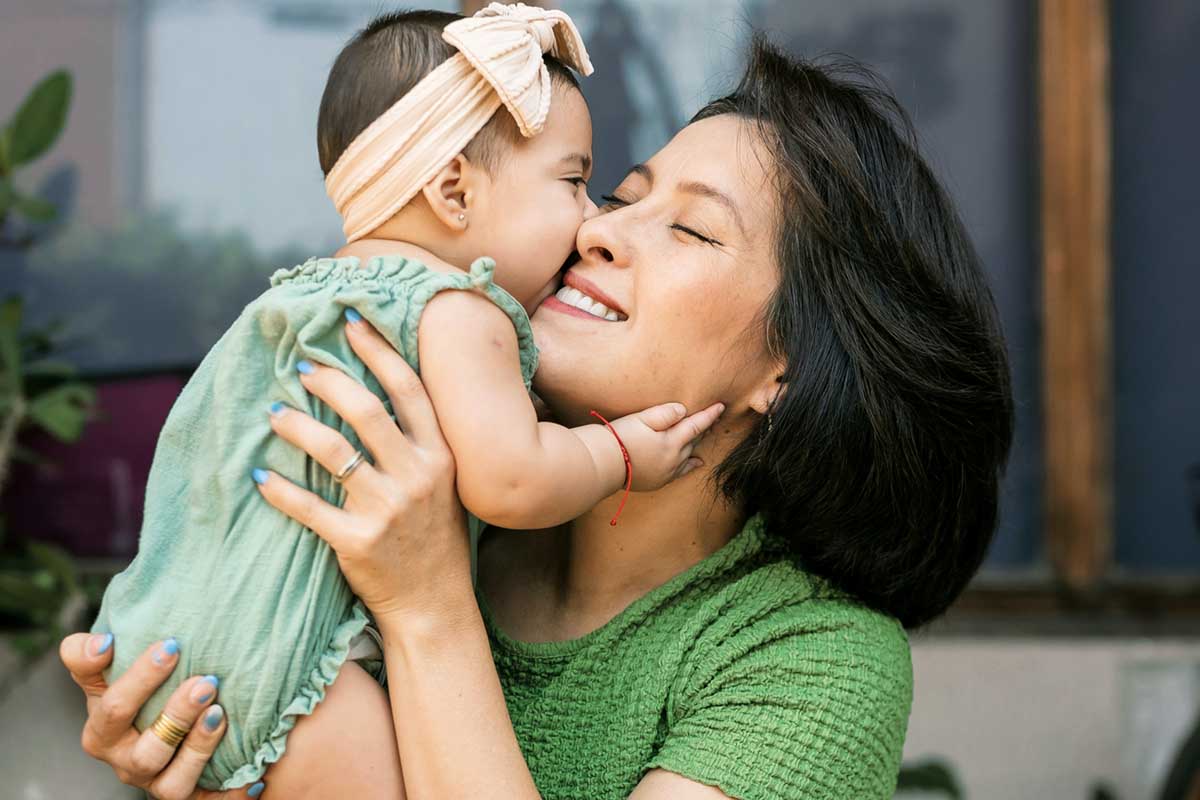Advertisement
The Joy of Home Births
I can’t lie my family was nervous. When my sister announced her plans to have a home birth, we all had our own feelings about the situation. Will her baby be safe? What if an emergency situation occurs? What if the baby is too big? My sister’s decision to have a baby in her home … Continued
I can’t lie my family was nervous. When my sister announced her plans to have a home birth, we all had our own feelings about the situation. Will her baby be safe? What if an emergency situation occurs? What if the baby is too big?
My sister’s decision to have a baby in her home in a natural setting was causing more discussion and controversy than she ever expected. When others inquired about where and how my sister was planning to have her baby, opinions such as “irresponsible,” “risky,” and “not necessary with today’s medical means” were openly expressed.
Since I have become a mother myself, I know how personal and individual birthing decisions are. What is right for one woman may feel completely wrong for another. My sister chose to birth at home because she believes that the birthing process is a natural event and not a “medical situation.”
Considering a hospital delivery (being hooked up to monitors, lying down for hours while different nurses come and go) made her feel out of control. With the help of a doula (a certified labor coach) and a medical doctor on hand, she knew she was best at home.
Is it Safe?
A review of the numerous studies conducted on home births indicates that for a pregnant woman in a low-risk category (determined by your doctor or midwife depending on age, health history, etc.) who is past 28 to 30 weeks pregnant, home births are just as safe as, and may even be safer than, hospital births.
Studies show that women who gave birth at home were less likely to have labour induced, undergo a Caesarean section, have other operative interventions, and were less likely to have complications of labour overall.
In addition, babies that were home-birthed appeared to be in better condition than those who were hospital-birthed. Babies born in hospitals took longer to breathe, needed resuscitation more often, and were more likely to have Apgar scores under 8. (Apgar is a measurement of a newborn’s response to birth and life outside the womb. A high score is 10 and the low end is 1.)
One of the key elements that appear to increase the safety of home births is whether it is planned or not. Unplanned home births tend to have more risk in comparison to hospital births. If you’re planning a home birth, early care and communication with a medical doctor or registered midwife is critical.
Midwives traditionally put an expecting mother at ease by taking the time to prepare her for childbirth. They inform her of hazards and teach her the benefits of good nutrition and exercise. It is also common for an attending physician or midwife to formulate a “quick transfer plan” in the rare situation that a hospital is required.
A Personal Choice
For my sister, having a beautiful baby at home in a familiar setting and calm environment was the best choice. For more information on home births or to find a registered midwife, visit www.mana.org.




